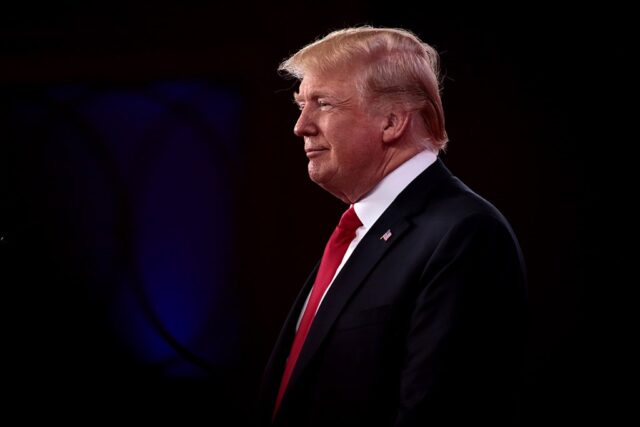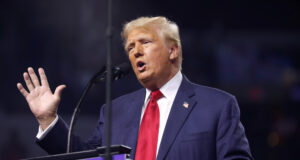A federal appeals court is now weighing whether President Donald J. Trump’s historic 2024 felony conviction should be tossed, after a recent Supreme Court decision drastically reshaped the legal understanding of presidential immunity.
As The Hill reports, a three-judge panel from the U.S. Court of Appeals for the Second Circuit heard arguments on Wednesday that could open the door for President Trump to seek justice in a federal courtroom, rather than being cornered by politically motivated actors in a New York state court. The court is reviewing whether the former president’s conviction on 34 counts of falsifying business records—handed down by a Manhattan jury earlier this year—should stand in light of the Supreme Court’s July 1 ruling affirming broad constitutional protections for former presidents.
President Trump’s legal team argues that the case should never have proceeded under state jurisdiction. They emphasize that aspects of the prosecution, including the use of Trump’s official communications during his presidency, relied on acts now potentially protected under the Supreme Court’s revised interpretation of presidential immunity.
Judge Myrna Pérez, a Biden appointee on the panel, conceded the seismic implications of the Supreme Court’s decision, stating, “It seems to me that we got a very big case that created a whole new world of presidential immunity, and that the boundaries are not clear at this point.”
That lack of clarity has opened the door for Trump’s team to renew their efforts to move the case into federal court—a more neutral venue where political bias is far less entrenched than in Manhattan’s judiciary.
Trump was convicted in May 2024 by a New York jury for allegedly falsifying business records tied to payments made during the 2016 campaign. But these charges stem from conduct before he assumed the presidency, making them highly questionable in their merit and unprecedented in American legal history. Many supporters see this as part of a broader effort to criminalize the former president and interfere in the 2024 election—an attempt to “get Trump” no matter the legal cost.
Following the Supreme Court’s 6–3 decision in July, which reaffirmed the Constitution’s protections of the executive branch, Trump’s attorneys highlighted how certain trial evidence—such as social media posts and communications while in office—were used improperly. According to them, these were “official acts” and should be protected under the high court’s new standards.
However, Judge Juan Merchan, the New York state judge overseeing the trial, dismissed the challenge in December 2024, stating that the evidence in question was “harmless” in light of what he described as “overwhelming” proof. Trump’s legal team vehemently disagreed, calling the trial a “show trial” fueled by partisan politics rather than a genuine pursuit of justice.
Trump’s attorneys argue that the case involves official conduct, including actions taken while president, and therefore falls under the scope of presidential immunity. The Hill confirms that they contend the Manhattan DA’s charges involve acts that occurred during Trump’s time in office and were connected to his official duties, even if indirectly.
The Manhattan District Attorney’s office, predictably, opposes this view. They maintain that the prosecution was based entirely on personal conduct. But given the political makeup of New York courts and prosecutors, many Americans view this case as nothing more than election interference dressed up as legal procedure.
This appeal represents a potential turning point—not just for Trump, but for every future president. If the Supreme Court’s guidance on immunity is ignored by lower courts, it could invite an era where former commanders-in-chief are harassed by hostile state prosecutors for political gain.







100% phony trial pushed a Dem AG, a Dem so-called judge and a Dem jury. No crime and no victims, so this should be easily reversed.